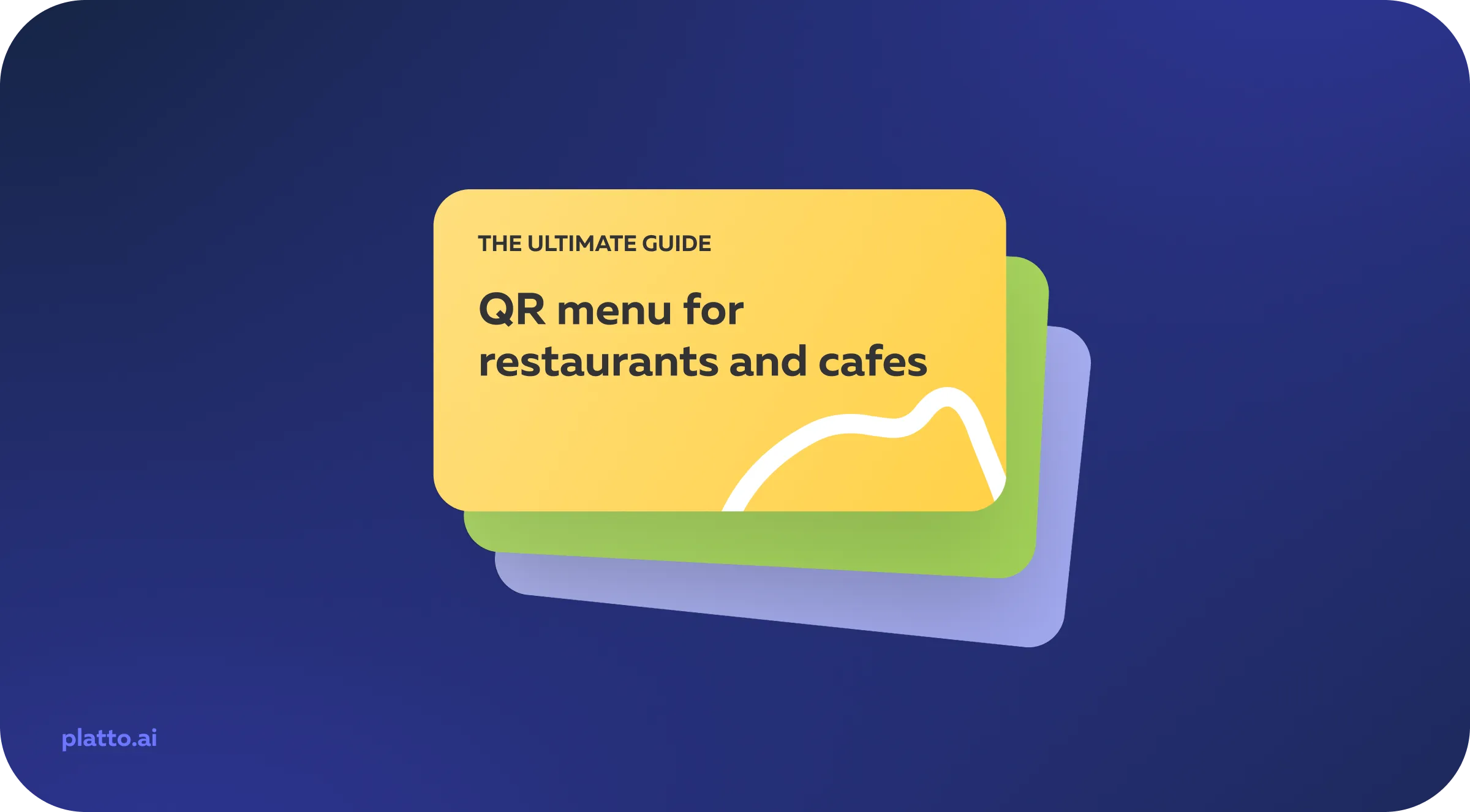The ultimate guide to QR menu systems for restaurants and cafes
This guide explores the benefits, implementation, and future of QR menu systems in restaurants and cafes.

Step 1: Understanding QR menu systems
What is a QR menu?
A QR menu is a digital version of a restaurant’s menu that’s accessed by scanning a QR code. This technology replaces traditional paper menus with an interactive, engaging format that can be updated in real-time.
Guests can easily access information about the restaurant’s dishes, drinks, prices, and other promotions without having to wait for a physical menu.
How QR menu systems work
QR menu systems utilize QR codes, which, when scanned with a smartphone camera, direct customers to an online menu. This seamless process enhances the dining experience by offering instant access to menu options.
Types of QR menu systems
QR code menu: Simple and effective, these codes link directly to the menu.
QR menu ordering system: Offers additional features like ordering and payment.
QR menu online: Accessible through any web browser, requiring no downloads.
Step 2: Benefits of QR menu systems
Enhanced customer experience
QR menus speed up service by reducing wait times and allow for a dynamic, interactive dining experience. Customers can view detailed descriptions, images, and even allergen information.
Operational efficiency
Updating menus is hassle-free and cost-effective with QR systems. Restaurants can easily adjust prices, add specials, or make changes without reprinting.
Safety and hygiene
In a post-pandemic world, contactless solutions like QR menus are crucial. They minimize contact and help maintain health and safety standards.
Step 3: Implementing a QR menu system
Choosing the right QR menu system
Consider factors like cost, features, and user-friendliness. Opt for systems that offer robust support and customization options like Platto.ai
Setting up your QR menu
Create your menu: Use a QR menu app or platform to design your digital menu.
Generate QR codes: Link each code to specific table sections.
Deploy: Place QR codes at tables, counters, or entrances.
Training staff and educating customers
Ensure staff are adept at using and explaining the system. Provide clear instructions for customers to facilitate a smooth transition.
Step 4: Challenges and solutions
Common Issues with QR Menus
Some customers may face technological barriers, such as unfamiliarity with QR codes or lack of smartphone access. Additionally, a stable internet connection is essential for seamless operation.
Overcoming challenges
Offer printed menus as an alternative and ensure reliable Wi-Fi. Provide assistance to customers unfamiliar with the technology.
Step 5: Future of QR menu systems
Innovations and trends
Expect continued integration with payment systems and personalized dining experiences powered by data analytics. QR menus will likely offer more interactive features, such as customer reviews and recommendations.
QR menus beyond restaurants
Beyond eateries, QR codes are expanding into cafes, bars, and even retail environments, enhancing customer engagement and streamlining operations.
Conclusion
QR menu systems offer numerous advantages, from improved customer experiences to streamlined operations. As technology advances, these tools will play an increasingly vital role in the hospitality industry. Embrace the future by exploring QR menu solutions for your business today.